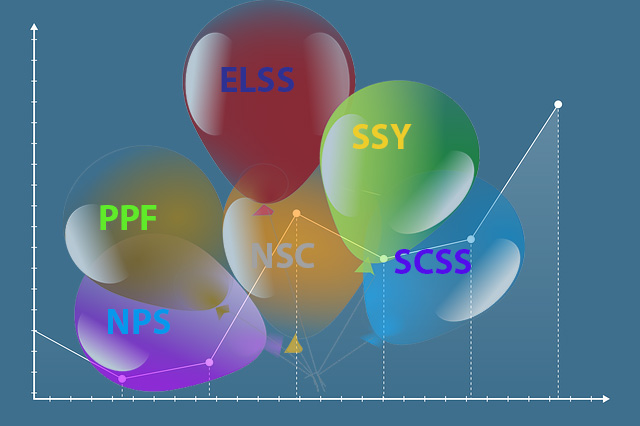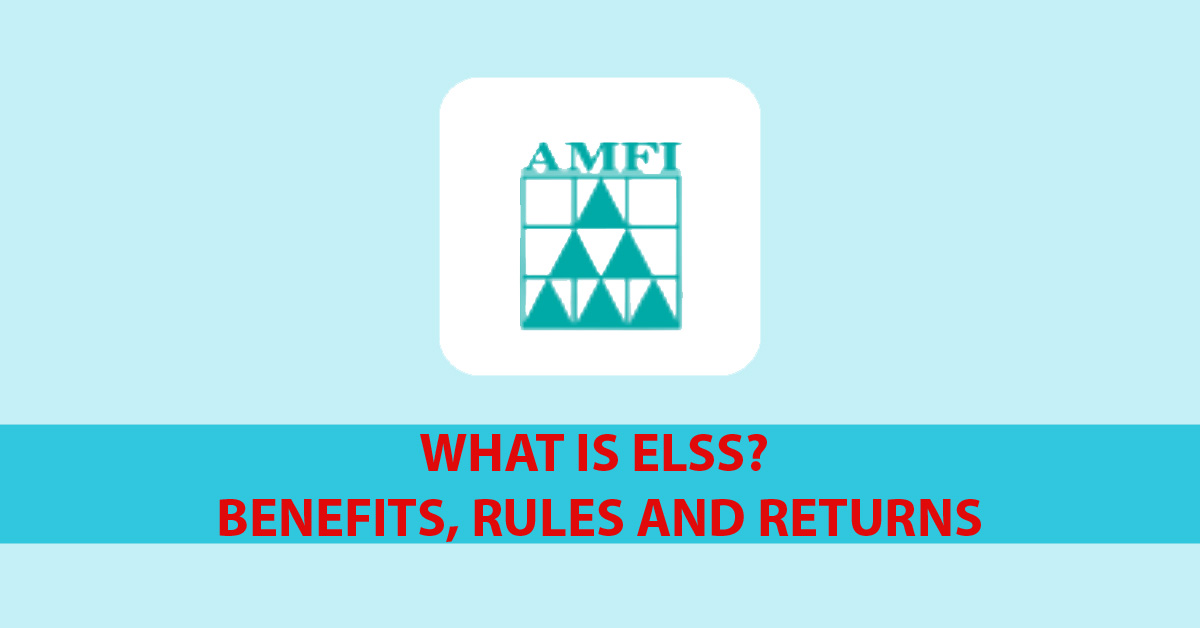Last updated on October 9th, 2023 at 01:02 pm
Equity Linked Savings Scheme (ELSS) is a mutual fund scheme with the provision for Tax Benefit under 80C of Income Tax Act, 1961.
If you are salaried and has been paying your tax in the Old Tax Regime, You might have come across ELSS as a way to get a Tax Exemption under 80C.
ELSS is becoming more popular among the new generations as it provides more returns when compared to other classic investment options.
If you are struggling to understand the ELSS and want to know the basics of the scheme, this post will be helpful for you. Read further for additional details.
What is ELSS?
ELSS is a Equity based mutual fund scheme i.e., the major part of the fund is invested in Equity and Equity related instruments.
Equity Linked Savings Scheme (ELSS) is an equivalent to deposit account in bank with a lock in period of 3 years. There is no maximum investment period or maturity period in the scheme.
Investment Options
The amount invested in ELSS is majorly invested in Equities, some part of the amount is invested in fixed income securities like Government Bonds.
You have the option to invest the amount in a lumpsum or SIP (Systematic Investment Plan).
If you are a business person you can make a Lumpsum investment when you gain a profit. But for the salaried employees it is best to go for the SIP option that match with your salary.
Benefits of ELSS

Even though there are more investment options available, the focus is shifting toward the mutual funds in recent times.
As the new generation is willing to take risk for the supreme return, there is a surge in Mutual Fund investment in the recent times.
ELSS among other Mutual fund options comes with the following attractive benefits.
Good Returns
ELSS investments similar to other mutual fund investments are providing better returns compared to other modes of investment.
The markets in the past five years on average provided the return of more than 15%. This way more than other investment option.
Tax Benefits
The amount invested upto Rs. 1.5 Lakh has a tax benefit under 80C of Income Tax Act, 1961.
It is most preferable as the lock in period is merely 3 years which is lot less than other tax saving investment options under the section 80C.
Investment Options
The 1.5 Lakh limit told above is only for tax exemption, Thus you can invest as much as you want.
There is an option for SIP with a minimum amount of Rs. 100 per month. Hence it can be opted by all category of investors.
The lock in period of 3 years also will help in bringing the compounding effect to the investment. This will also create a habit for the longer investment mind among the investors.
Who should invest in ELSS
The investment under ELSS is as good as it gets for the investors. We will see about why should it be chosen for different people.
Salaried – Salaried can invest in the ELSS to claim tax exemption under Old Tax Regime. Creating a SIP will help them creating a investment portfolio without affecting the essential requirements.
Business Men – For the business people it is a good option for making investment as it gives better returns when compared to keeping the amount in current or savings bank accounts.
Daily Wagers – For the daily wagers and the employees of unorganized sectors investment in ELSS will create a habit of long term investment. This will also provides better return than the bank Fixed Deposits.
First Time Investors – ELSS could be seed a learning curve for the first time investors. As the risk coming with the market movements will be compensated with the time and compounding effect.
Note: Even though there are benefits to the scheme, this is the high risk investment option linked to the market.
Redemption Rules
The Amount invested in ELSS has a lock in period of 3 years. There is no option to Redeem the amount before the lockin period.
Hence it is advisable to invest the amount you would not require in the recent future.
NPS vs ELSS comparison
National Pension Scheme (NPS) is another investment options which is based on the investment portfolio is similar to ELSS. But NPS covers the Pension for the employees of unorganized sectors.
| Scheme | NPS | ELSS |
| Eligibility | Any Individual wiht 18 Years | Any Individual wiht 18 Years |
| Investment Period | Invested upto the subscribers age of 60Years | No limit, But the minimum lock in period is 3 years |
| Tax Excemption (Section 80C) | Available | Available |
| Return | 15- 20% | 9-15% |
| Pre Closure | Premature withdrawal is available subject to the terms | Redemption during Lock in Period is not available |
Conclusion
Thus ELSS is the best option available for the people who are looking for short term investment plan with Tax Exemption.
AMFI the regulator of the Mutual Funds in India is keeping a close eye on all the AMC to make sure the regulations are followed to the core.
Though the scheme is high risk prone the returns are very good in recent times and only to be opted if you have appetite for high risk for higher return.
